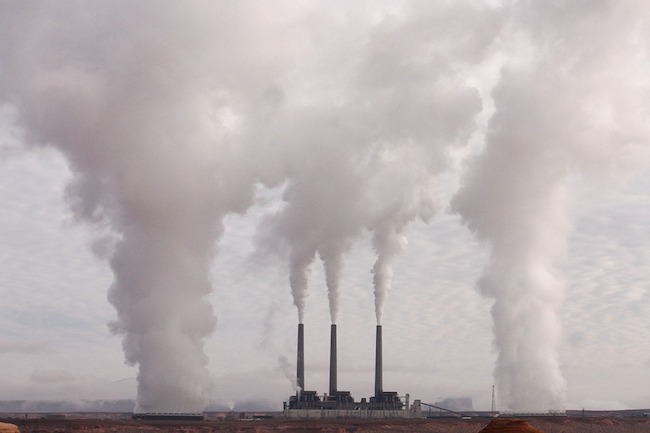Research Determines Link Between Air Pollution And Mental Illness; Millions Of Americans At Risk, Kids Especially Vulnerable By B.N. Frank via Natural Blaze
The Environmental Protection Agency (EPA) has a long history of not protecting Americans in a timely manner from toxins (see 1, 2). If you weren’t overly concerned about air pollution before, new research indicates a link between it and mental illness.
From Environmental Health News:
Air pollution can alter our brains in ways that increase mental illness risk
Emerging research finds polluted air linked to mental health problems, leaving western Pennsylvania children and environmental justice communities at high risk.
This is part 1 of our 5-part series, Pollution’s mental toll: How air, water and climate pollution shape our mental health.
PITTSBURGH—Melanie Meade has become the face of clean air advocacy in her community, which sits in the shadow of one of the most heavily polluting industrial sites in western Pennsylvania.
For eight years she’s been at community meetings, rallies, and press conferences, and featured in local news stories about her community’s childhood asthma epidemic and high cancer rates. Her message to policymakers and U.S. Steel, which operates the industrial site, Clairton Coke Works, is simple: We deserve access to clean, healthy air.
It’s a labor of love—but it has taken an emotional toll.
“When I first learned that Clairton—a town that’s only three square miles big—had childhood asthma at more than double the national rate, I thought as soon as other people knew that they’d scream and get Oprah on the phone and things would have to change,” Meade told EHN. “It hasn’t been like that.”
Instead, Meade said, it’s often felt like her impassioned pleas are met with a shrug, which has contributed to her anxiety and depression.
“It makes you feel defeated,” she said. “You wonder, should I have given more time to my own family and children rather than fighting to try and deal with these issues?”
Meade isn’t the first activist to feel disheartened over slow progress. But recent scientific discoveries point to another risk factor: Exposure to air pollution causes changes in the brain that increase risk for mental illness.
And despite big gains over the past few decades, this leaves millions in the U.S. at risk, as roughly four out of 10 U.S. residents live in counties with unhealthy air pollution, according to the American Lung Association’s 2021 State of the Air report. The report looked at ozone, and short- and long-term particle pollution—and people of color were 61% more likely to live in a county with a failing grade in one of the pollution categories.




